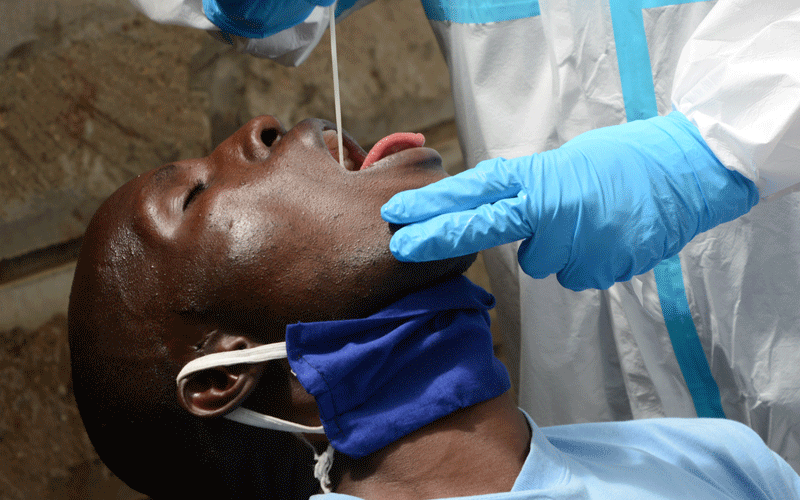Employees keep hope alive amid Corona’s economic hit

Majority of Kenyans who work for formal businesses believe they will have a job to go back to once coronavirus-related restrictions are lifted, indicating their current position is only temporary, a new study shows.
A study conducted by GeoPoll, a full service research provider, however warns that the same level of confidence is not found in the informal economy as the pandemic continues to hit income and employment in this sector.
“Covid-19 is preventing a large portion of those in both the informal and formal sectors from working currently, but those who earn less and who rely on informal positions such as selling and agriculture are more likely to report higher decreases in income, and have more uncertainty surrounding their future employment,” it adds.
Agriculture sector
The study conducted between June and July this year in 12 African States, covering 2,500 respondents, found that of 49 per cent of those polled, mainly from the trade and agricultural sectors, income had decreased greatly during that period.
According to a study titled: The Financial Impact of Coronavirus in Sub-Saharan Africa; concern over being able to pay expenses is also extremely high, with 71 per cent of those interviewed reporting that they are more concerned over paying expenses now compared to before coronavirus.
When asked how long they expected to be able to pay their basic expenses given their current income, 41 per cent reported that they could pay their expenses for less than a month, while only 21 per cent reported they could pay expenses for two or more months.
Since the pandemic was first reported in March, the government moved fast to contain its spread by closing its airspace to passenger travel, restricting movement of people from Nairobi, Mombasa, Kwale and Mandera counties.
Authorities also shut learning institutions, encouraged non-essential employees to work from home, imposed a dusk-to-dawn curfew across the country, restricting businesses operations to between 5 am and 7 pm in measures the study says have limited inections and deaths so far.
However, according to Roxana Elliott, GeoPoll’s VP for Marketing and Content, the closure of borders, restrictions on movements, and suspended education and hospitality sectors have wreaked financial havoc across the African nations studied, with those in informal employment being hardest hit.
Value chains
The pandemic has led to disruptions in value chains, affecting hundreds of thousands of workers in the small and medium enterprises (SMEs), manufacturing and trade sectors either directly or indirectly, with employers requesting them to take unpaid leave while others promised resumption of duties once the situation stabilises.
In most of the countries, the study confirmed that Covid-19 has already resulted in changes around consumer behaviour, with 86 per cent of people shopping for food less often and 69 per cent prioritising essential goods at low prices over brand loyalty and non-essential items.
It also shows brands and advertisers have reduced advertising spend, while closely examining the changes in consumer behaviour.
The survey says lifting of restrictions is unlikely to bring them economic relief in the near future while others believe their work is assured once the Covid-19 restrictions are lifted.












